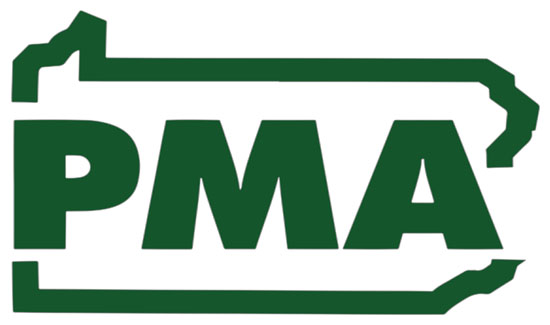Governor Shapiro’s Budget Plan Chases the Shiny Objects

The House and Senate have begun budget hearings in a run-up to approving a state budget by the June 30 deadline, and the challenge for lawmakers will be injecting a much-needed dose of fiscal reality into Gov. Josh Shapiro’s lavish spending plan before final approval.
The Shapiro plan is cursed with shiny object syndrome – it has an unhealthy fascination with the new and expensive. The cost of it, without deep cuts by lawmakers, will amount to a whopping seven percent increase in spending over the current fiscal year. Not addressed in his plan are real world solutions to our economic problems: those include the fundamentals of reforming an overly burdensome regulatory and tax structure, which will create jobs, attract investors, and increase tax revenues without increasing tax rates.
“Pennsylvania has a structural budget deficit, meaning that mandatory spending is increasing faster and by a greater amount than the natural growth of tax revenue,” explained David N. Taylor, President & CEO of the Pennsylvania Manufacturers’ Association (PMA). “This is driven by our demographics, where the population of retirees is growing faster than the population of working-age Pennsylvanians. In turn, these dynamics intensify our workforce crisis. The only way to change things in a positive direction is to improve Pennsylvania’s economic competitiveness, which begins with fiscal discipline.”
“It’s as if the governor is maxing-out the home renovation budget by remodeling the kitchen with new granite countertops and luxury appliances while ignoring the leaking roof and crumbling foundation,” PMA Executive Director Carl A. Marrara told G. Terry Madonna on a recent episode of PA Newsmakers.
To fund the $48.1 billion plan, the governor proposes siphoning $3 billion in reserves, creating a new baseline of spending that in a few years will inevitably lead Harrisburg to increase tax rates, absent the miracle of spending cuts.
“According to the Independent Fiscal Office, by 2025-26 we have no reserves, and we have no rainy-day fund,” Senate President Kim Ward (R-Westmoreland) told PoliticsPA. “So, upfront, he wants to spend, spend, spend, spend. We must pay for that. So maybe you won’t have any new taxes this year. But guess what? After this year, we’re going to have a lot of new taxes.”
For all that, we get another $1.5 billion pumped into an education system that has failed to improve student proficiencies, despite other recent yearly infusions of cash from Harrisburg. The proficiencies in some school districts have, in reality, worsened over the past few years.
And in a sure blow to service industries, he’s proposing doubling the state minimum wage mandate from $7.50 an hour to $15 an hour.
The governor is also proposing spending $500 million to improve potential industrial sites before any private sector investor has shown an interest in those locations. It would be much better for the Commonwealth to comprehensively catalog all our available sites, including all of their specifications like acreage, steps to remediate, and access to road, rail, water, and utilities. After potential job creators have reviewed that information and chosen a particular site, then state government can step in to help prepare it for redevelopment. Of course, many regulatory roadblocks also stand in the way of restoring and developing these sites.
For additional revenues beyond draining the reserves, he’s relying on the extremely uncertain outcome of mass-commercializing and taxing unrestricted marijuana.
Outside the budget itself, but in a potential devastating shot at our energy economy, Shapiro has appealed the November 2023 Commonwealth Court ruling that joining the Regional Greenhouse Gas Initiative (RGGI), an initiative bullied through without legislative approval by Shapiro predecessor Tom Wolf, amounts to an unconstitutional tax. The state constitution is clear that only the General Assembly has the authority to enact taxes. Estimates are that we stand to lose tens of thousands of high-paying jobs in our fossil-fuel industry if the Shapiro appeal is successful.
What Pennsylvania desperately needs is a strategy to make us more competitive with other states, one that dissuades working-age people from leaving for better opportunities elsewhere. To do that, we need to ensure government spending doesn’t grow faster than the private economy; we need to enact pro-growth tax reform to make Pennsylvania’s treatment of taxes competitive compared to high-performing states; and we need to expedite our permitting/licensing processes, making government a partner of development rather than an adversary.
Business tax reform is desperately needed to compete with high-performing states, but that issue has been stalemated with poison-pill amendments. What’s required is leadership that actually “gets stuff done” and reduces rates to compete for business investment.
To earn greater private investment, generate economic dynamism, and reverse our demographic trends, Pennsylvania needs to improve our fundamentals, which Governor Shapiro’s budget does not do.
Budget hearings are scheduled to run into mid-April







